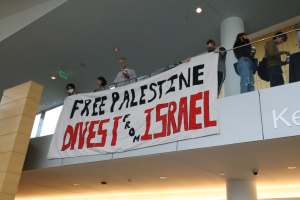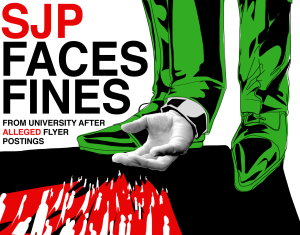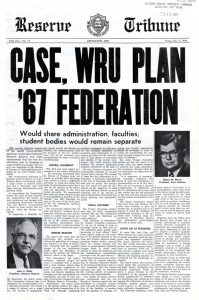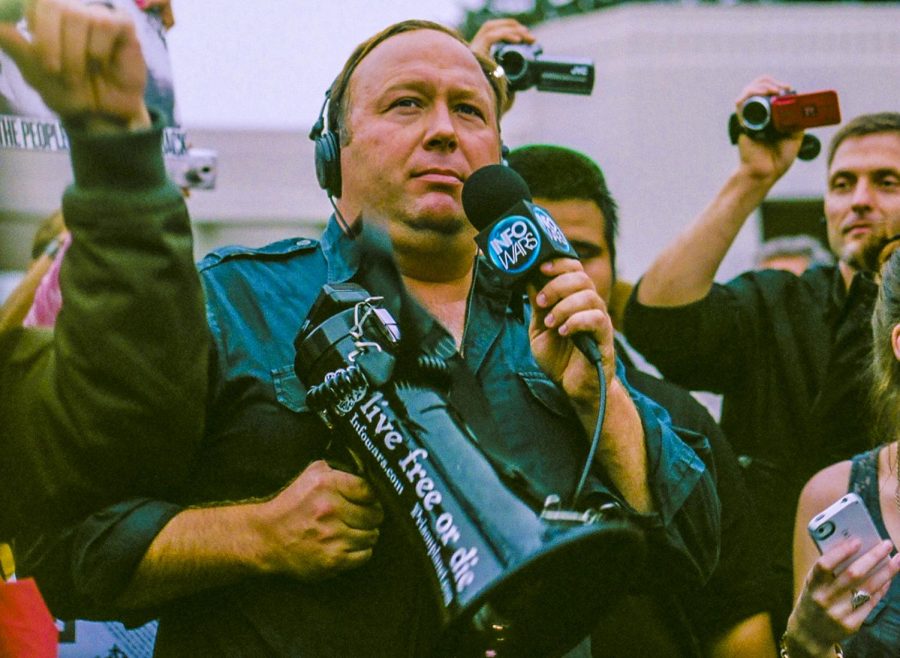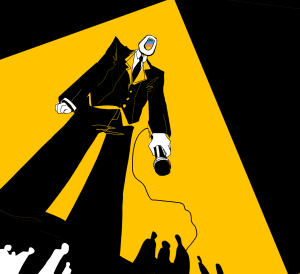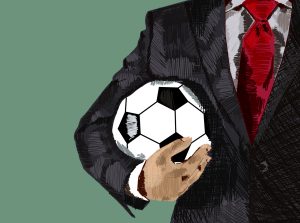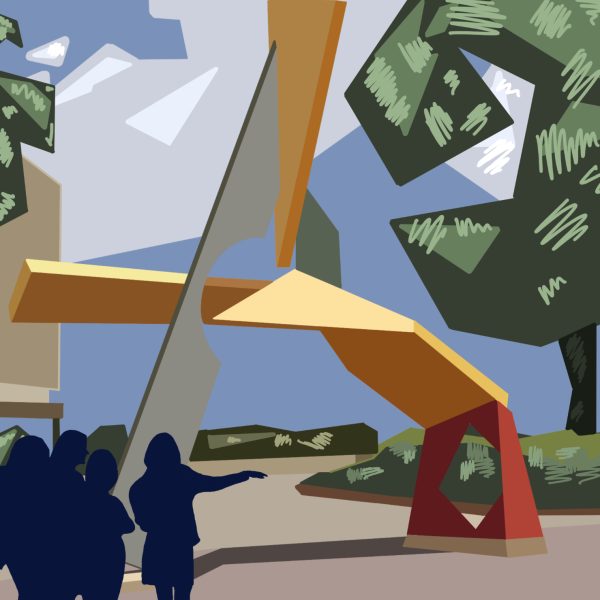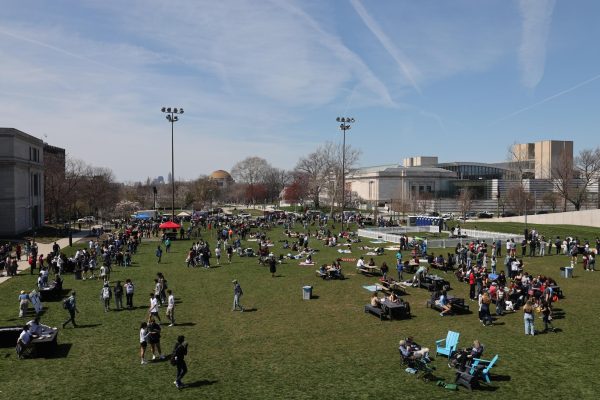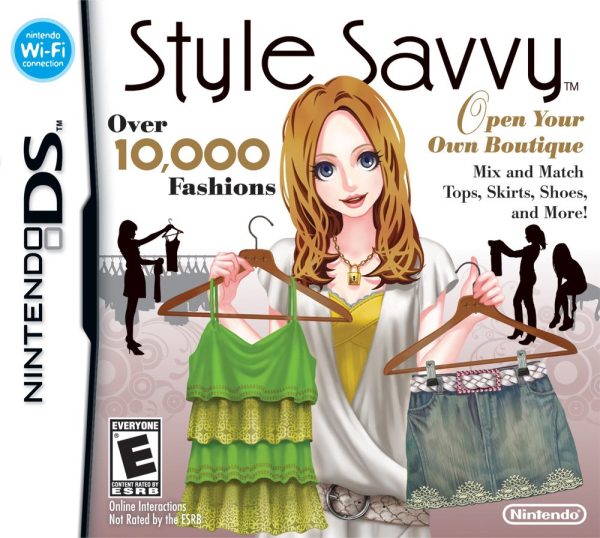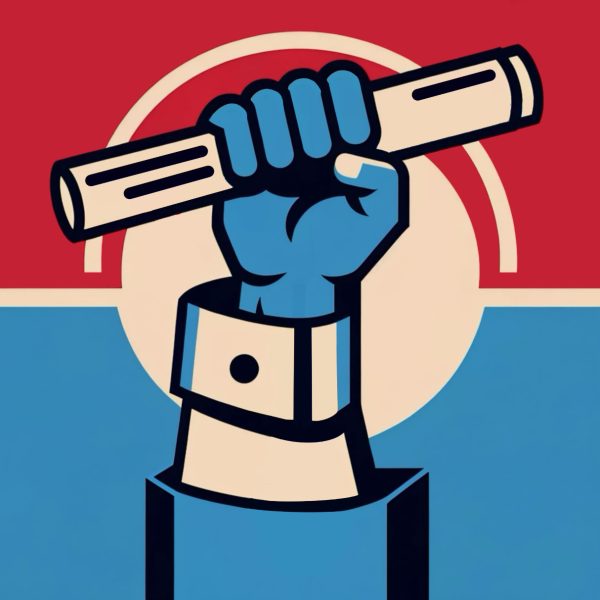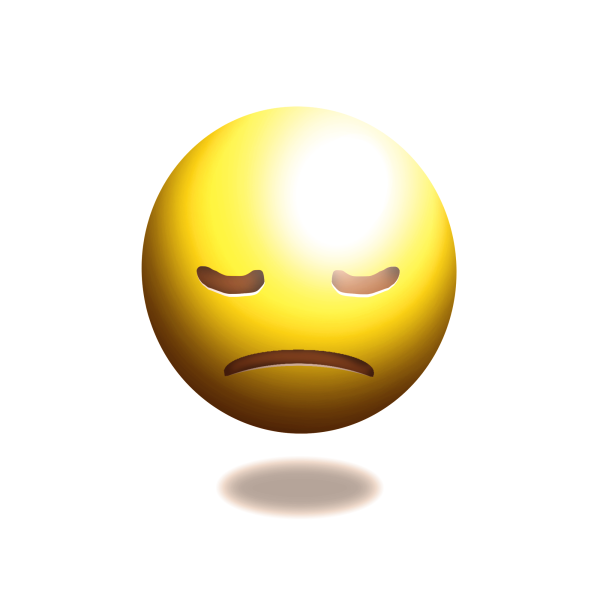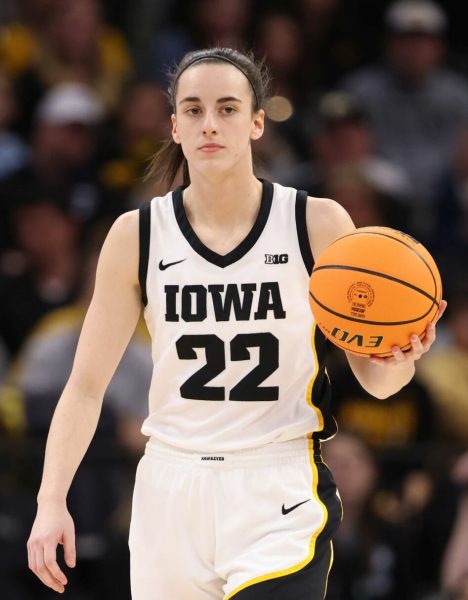Wilson: The justice in banning Jones
September 14, 2018
“Sandy Hook pretty much didn’t happen,” according to conspiracy theorist Alex Jones, host of Infowars. Jones has also claimed that the Sept. 11 attacks were “staged” or that they were “inside jobs.” Profound stuff from this guy.
Recently, Jones has, as usual, drawn controversy after being banned from iTunes, Spotify, YouTube and most recently, Twitter. The social media platform has come under scrutiny because, as many other very popular networks were permanently banning Jones’ work, Twitter only suspended his account for one week. Eventually, Twitter’s CEO Jack Dorsey gave into the criticism and decided to permanently ban Jones’ account.
Many have come to Jones’ defense in the wake of the mass banning, claiming that having access to platforms like Twitter falls under his First Amendment right to free speech. Others have stated that he caused harm with his speech, which isn’t protected and violated various terms of service. But regardless of your opinion on Twitter’s decision, one thing is for certain: Alex Jones’ lifetime ban from most major social networks does not infringe upon his constitutional right to free speech.
The First Amendment states, “Congress shall make no law respecting an establishment of religion, or prohibiting the free exercise thereof; or abridging the freedom of speech, or of the press.” The Constitution only states that the federal government cannot limit the free speech of its citizens. This amendment, though exceptionally important—some would argue the most important—does not outright give individual citizens the right to say and write whatever they want without reprimand. It simply states that the government cannot make laws limiting speech.
With this precedent established, it can be firmly stated that the conspiracies Jones spread are not even protected speech. Protected speech is a concept which has developed throughout the 21st century, and it essentially lays out what types of speech the government can and cannot protect or regulate. For instance, the Supreme Court decided in Texas v. Johnson that burning the American Flag is a protected form of free speech and, therefore, an example of protected speech.
The government does not, however, have provisions to protect speech that may invoke violence. Jones’ work falls into this category. Jones is known for calling for violent action on his various shows, especially regarding his staunch opposition to gun control. One of Jones’ last tweets told his followers to “get their battle rifles ready,” as if he wanted them to actually go out and kill people. What kind of monster should be given a platform to incite such things?
Many critics of Jones’ universal banning argue that the companies which banned him had no right to do so in the first place. The companies possess the same rights as Jones does, though. They too, enjoy a right to free speech. Removing Jones’ accounts is simply the companies expressing their identical rights and privileges. Ultimately, each individual company gets to create the site’s culture as they see fit. If they saw Jones as disrupting their desired environment, they had the right to remove him.
Social networks can be an excellent tool in today’s society, linking people of similar interests from around the world and keeping families together, but they also give platforms to those who seek to disrupt the world and cause violence. Jones and his podcast Infowars are a pair of examples. Another is the self-declared neo-Nazi Richard Spencer, who has had his accounts removed from various media sites over the past few years. These platforms can be used for good, but they can also be exploited for more sinister purposes.
Alex Jones is a man of poor character and evil intentions who uses fear to incite harm and hate. Twitter, Facebook, Apple and all the others were right in banning him from their social networks. Evil should not be given a platform to spread its message.
Peter Wilson is a second-year biomedical engineering student on the biomaterials track. He works in the Gustafson Lab and can be found on Twitter at @wpieltseorn.
